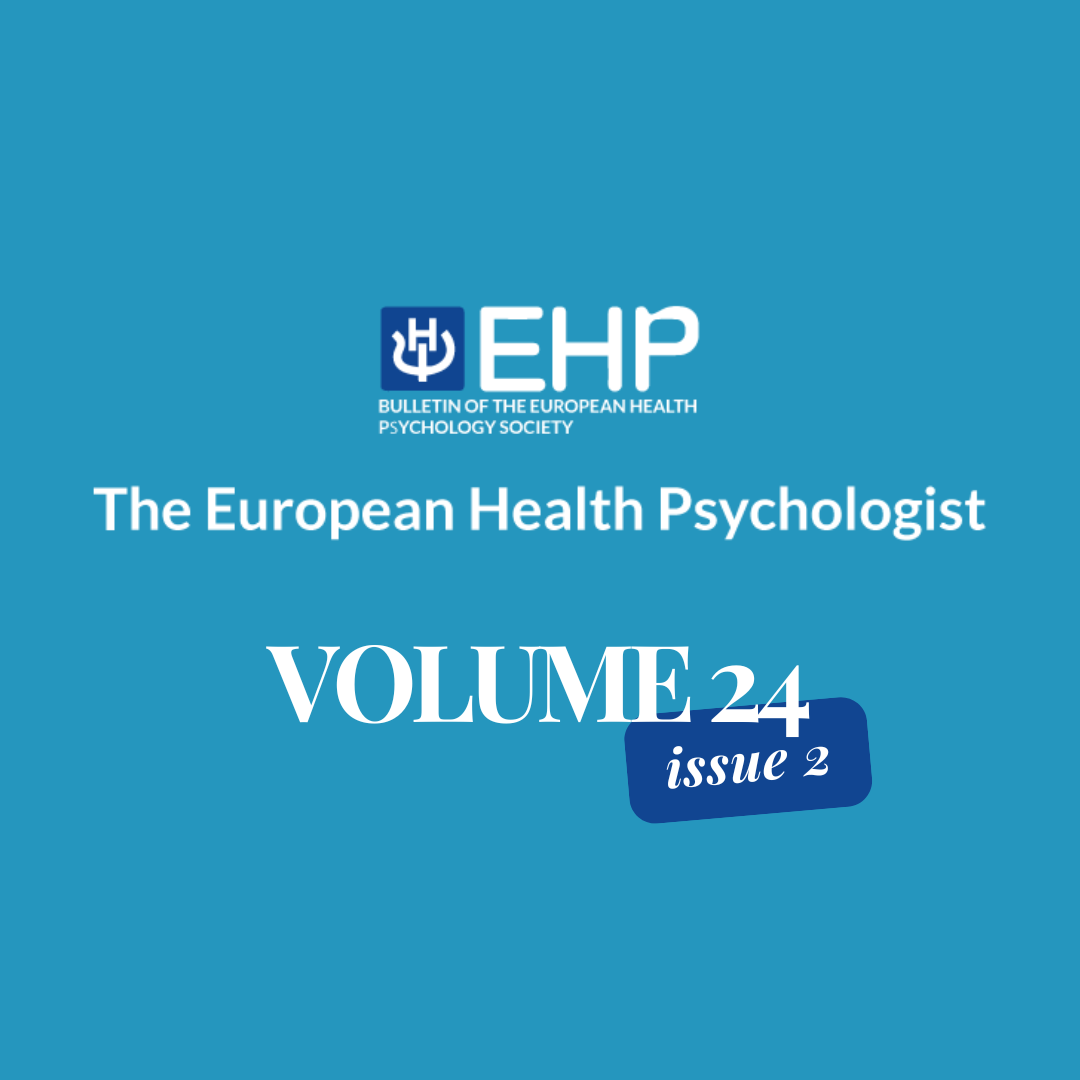The psychedelic resurgence: Opportunities for behavioral and mental wellness and theory development
DOI:
https://doi.org/10.62696/zz08xq39Abstract
Psychedelic treatments show promise for improving health and well-being. This article summarizes the history of early psychedelic research and its recent renaissance. Although much of this research focuses on mental health and substance abuse, observational studies have linked psychedelic use to outcomes such as healthier diet, lower rates of heart disease, and even spontaneous, positive changes in health-related outcomes. The importance of understanding mechanisms that underlie psychedelic impacts - i.e., why positive changes occur - was emphasized (“Behavioral Psychedelics”), as was the need for attention to the social context of psychedelic experiences. Evidence for differential impacts of psychedelic use with v. without a partner, and impacts of psychedelic use on close relationships, was presented.
Downloads
Published
Issue
Section
License
Copyright (c) 2025 Talea Cornelius, Jorge Encantado, Laura C. Carvalho, Pedro J. Teixeira, Pedro Rodrigues

This work is licensed under a Creative Commons Attribution 4.0 International License.


